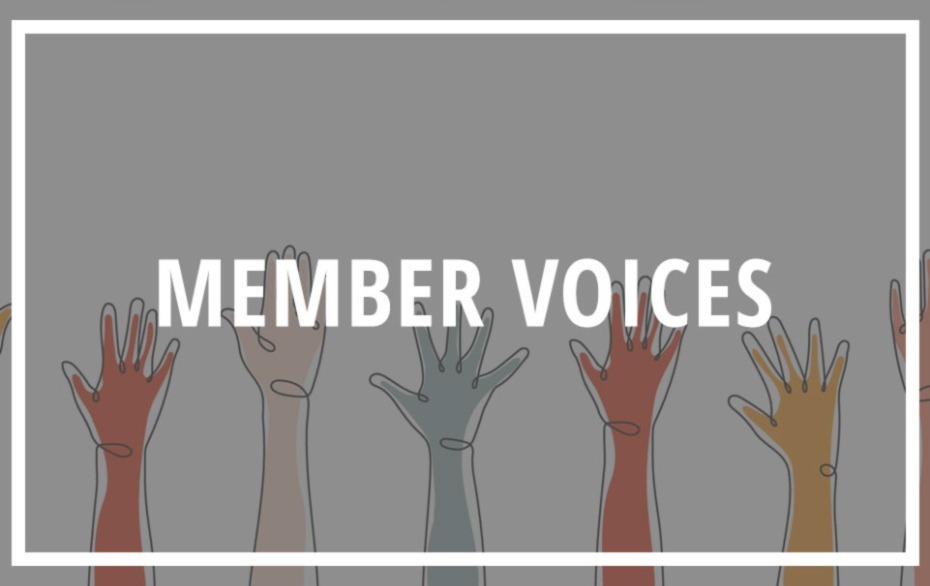Spring is finally here and with it comes April and National Volunteer Appreciation Month.
I’ve been trying to capture the essence of volunteering through the words of those more eloquent than I am, such as Winston Churchill, who said, “We make a living by what we get. We make a life by what we give.” Another example is a Chinese proverb: “If you want happiness for an hour, take a nap. If you want happiness for a day, go fishing. If you want happiness for a month, get married. If you want happiness for a year, inherit a fortune. If you want happiness for a lifetime, help someone else.”
Susan Albers, Psy.D., psychologist for the Cleveland Clinic, says that volunteering can be great for a person’s mental health, too. According to Albers, when you help other people, it activates the reward center in your brain and releases serotonin, dopamine, and endorphins, which is why many people often feel better after volunteering. With mental health finally getting a front row seat in our wellness conversations, we can really see the many benefits of volunteering, beyond the usual benefits such as personal and professional development, networking, and giving back or contributing to something that you see as greater than yourself, but the actual physical benefits that Albers attributes to volunteering are game-changers to your mental well-being, too. This article illuminates the mental health benefits of volunteering.
An online source noted that the number of people who are now primarily working from home tripled between 2019 and 2021, as COVID continues to have an enormous effect on our lives and our work/life balance. The pros and cons of working from home compared to going into the office each day have been analyzed, deliberated, scrutinized, and benchmarked, and it has been found that working from home can bring on feelings of loneliness or depression due to a lack of human contact. By volunteering, though, you can look beyond your day-to-day and reach out to others, whether it’s in your community or your professional association. By volunteering you are engaging with others, sharing ideas, providing a service—giving of yourself.
Additionally, working from home can blur the lines between your work life and home life which may lead you to question whether your day-to-day provides enough time for volunteer work. Luckily, even before COVID, NACE has always taken into consideration the amount of spare time that you have. Our Get Involved strategy has always offered various levels of engagement, ranging from submitting a proposal for a webinar, writing for NACE, serving as a mentor or mentee, participating in one of our many affinity groups, raising your hand for one our committees or task forces, or considering service on the NACE Board of Directors.
As I close this article, I want to remind everyone that conversations around volunteering don’t always have to be serious. There can be other perspectives. As Catherine Aird wisely said, “If you can't be a good example, then you'll just have to be a horrible warning.” Perhaps more profoundly, it was once said “In a zombie apocalypse, volunteers will be needed more than ever.” I’ll leave it at that.
On behalf of the NACE staff, I would like to thank all our past, present, and future volunteers! You inspire us and keep our organization moving forward! You make us shine and we appreciate that more than we can say.







